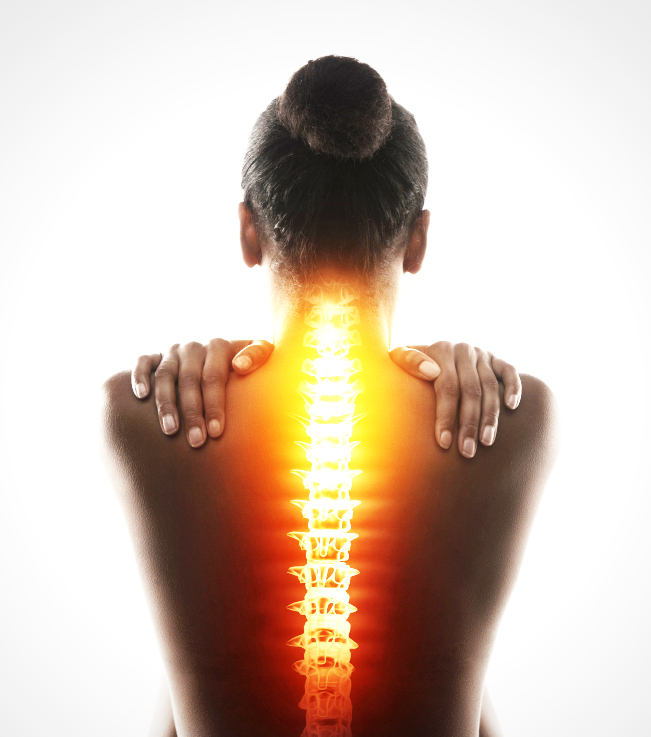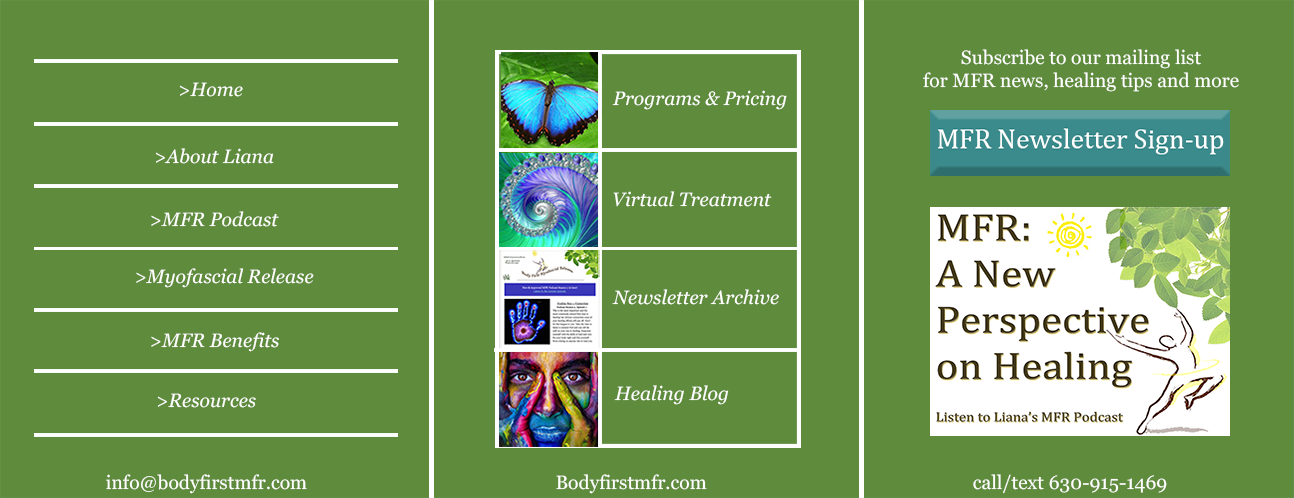

|
 Why Should I Take Care of My Spine? |
||
The spine is one of the most underappreciated parts of our entire body, and yet it is our center, our axis. It has a hand in every single thing we do. We could not live without it. But it is so central to who we are, so ubiquitous in our daily experience that we don't notice it at all (unless something goes wrong or it starts to hurt). |
||
The most common sign of aging and cause of pain and immobility is an unhealthy spine. It is so common to have spinal degeneration and immobility as we age that we barely even acknowledge it as being a major issue. Wouldn't it be wiser to notice this extremely common issue and either think ahead and take great care of our spines? Or we can work to improve our spinal health if we are already having issues like pain or a decrease in mobility. Because we don't tend to notice our spines most people may not realize that spinal immobility and disc degeneration is at the root of their issues. |
||
If it is getting tougher to bend over and stand up or tie your shoes |
||
| I could go on and on here, but these are just a few of the many signs that we are losing spinal mobility. |
||
If you are young and spry but you never want to experience the above list of symptoms-- guess what, anyone experiencing those symptoms was young and spry once too. You'll need to take care of your spine starting now so you can avoid that path completely. |
||
But I workout everyday, isn't that enough?!? Short answer, no it's not. Most workouts are very repetitive so that even if you're cross training it is not enough to make positive changes in your spinal health. In fact, depending on your form and how much you're compensating, your workout could actually be making you less mobile and speeding up degenerative disc conditions! The good news is that you can turn this all around, stop disc degeneration and increase your spinal mobility again so that you can move freely, workout as you please, dance around your living room, play with the kids or grandkids or great grandkids or whatever it is you love to do! You don't even have to give up workouts you love. When you do very repetitive exercise, which is almost all exercise: running, walking, biking, elliptical, zumba, etc., you do the same movements over and over. While this can be good for your cardio health and for some of your muscles, it will not be enough to heal or mobilize your spine in all directions, which is what we need to feel good. Even if you lift weights, most people (even with the help of an experienced personal trainer) will lift without actually activating the muscle they are working on properly and that will make things worse instead of better. All you have to do is correct as many compensations as you can by strengthening your weak, under-used muscles and adding multi-directional spinal exercises to your regular routine. I've seen clients make rapid progress regaining spinal mobility and reversing disc degeneration in just a few weeks with daily practice. The truth is every adult (and some people quite a bit younger) have arthritis somewhere in their spine and have roughed up and ignored this incredibly important area of their body whether they realize it yet or not. |
||
If you're in pain and struggling with loss of mobility or just ready to be proactive about spine health, the good news is it can be done. We can take good care of our spines and reverse disc degeneration with specific protocols and exercises made just for spinal health. |
||
To truly increase spinal health and mobility and halt degenerative disc disease we have to: MFR Rehab to Correct our Compensations & Strengthen our Weaknesses I designed my MFR Rehab Program to identify compensations, release overused areas and strengthen underused (compensated) areas in a variety of ways MFR Rehab is different than just regular MFR or strength training in that we make sure to have the correct muscles activating during lifting of small or large weights, exercises and daily activities. Fascial Exercise Add Fascial Exercise to Our Daily Routine This is a program I created for spinal and full body mobility and functional strength. Fascial exercise helps you move your body on all planes of motion and in all directions. Moving this way is great for all ages and levels of health. It helps us regain and maintain our full body and spinal mobility throughout our entire lives with movements that help us with daily life, exercises or sports. Move Freely & Enjoy It! Once you've regained or simply expanded your mobility with the above steps you need to use it and enjoy it everyday. However you enjoy celebrating your ability to move freely, walking, dancing, playing, exercising...even cleaning the house can be really fun if you haven't been mobile or pain-free enough to do it lately, get up and have a great time moving. Moving freely and easily makes you feel and look young and helps fill you with the energy to get up and enjoy your life every day. We don't have to age out of being able to move freely. You just have to learn how to cultivate strength and mobility in a way that is sustainable long-term because it feels so good to move! |
||
 |